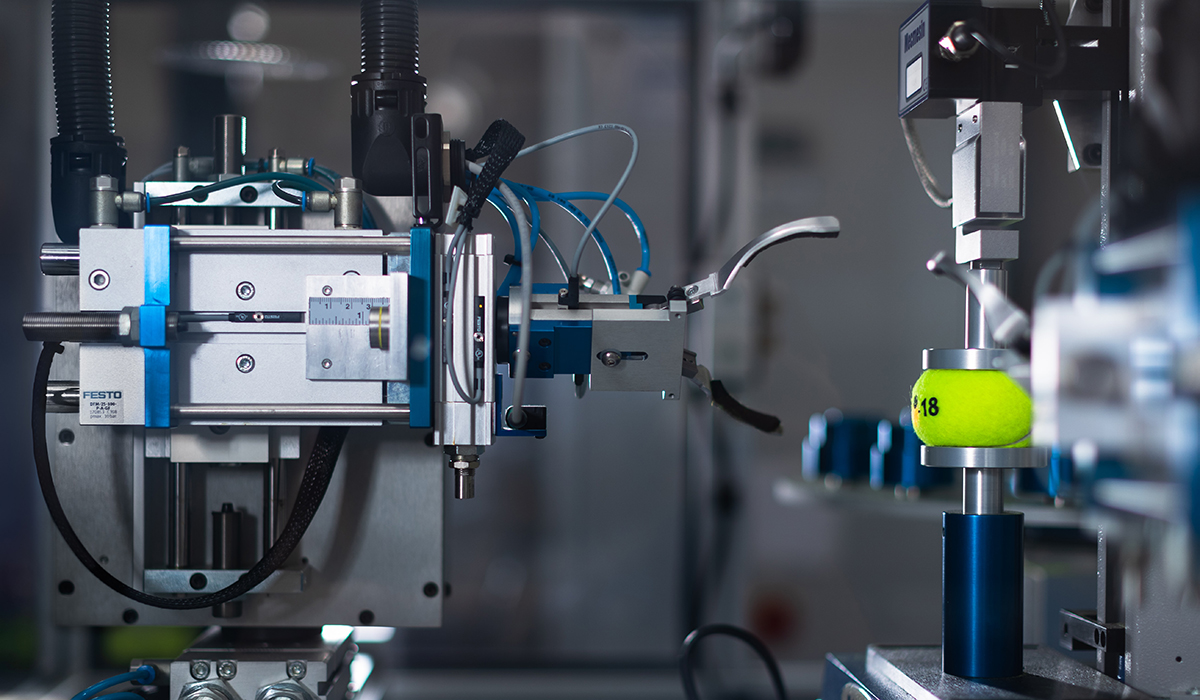Mechanical engineers deal with things that move and use energy. We design and build cars, artificial hearts, airplanes, power plants, robots, pollution control systems, environmental remediation systems, motors, and engines, among other things. Our students learn with the guidance of our faculty how to help protect the environment, increase the quality of life, and contribute to economic development.
The Mechanical Engineering program emphasizes strong foundations in mechanical engineering as well as advanced courses in a specialized area of concentration. The areas of concentration include:
- Acoustics and Wave Propagation
- Advanced and Nonlinear Dynamics
- Aerospace Engineering
- Clean Energy Production and Use
- Computational Methods (FEM and CFD),
- Electronic Packaging
- HVAC and Refrigeration
- MEMS/NEMS
- Microfluidics and Biofabrication
- Multiphase Flow and Heat Transfer
- Optical Measurements
- Robotics and Mechatronics
- Smart Materials and Systems
- Vibration.
In 2016 the School of Engineering was one of the first schools in the United States to be approved by the National Academy of Engineering (NAE) as a NAE Grand Challenges Scholars Program school. Our School is the only Grand Challenges Scholars Program school in the Washington, D.C. area.
 Credit Hours: 30 credits
Credit Hours: 30 credits
 Tuition: $1,850 per credit hour
Tuition: $1,850 per credit hour
 Curriculum:
Curriculum:
-
Courses
Consisting of either 10 courses or 8 courses and a master's thesis.
- Students are required to enroll in 500-level or above ME courses and two out of the following three courses: ENGR 516, ENGR 518, and ENGR 520. Other ENGR or other graduate-level courses may be approved in consultation with the student's academic advisor. One Engineering Management course may be acceptable if approved by the Department Chair.

